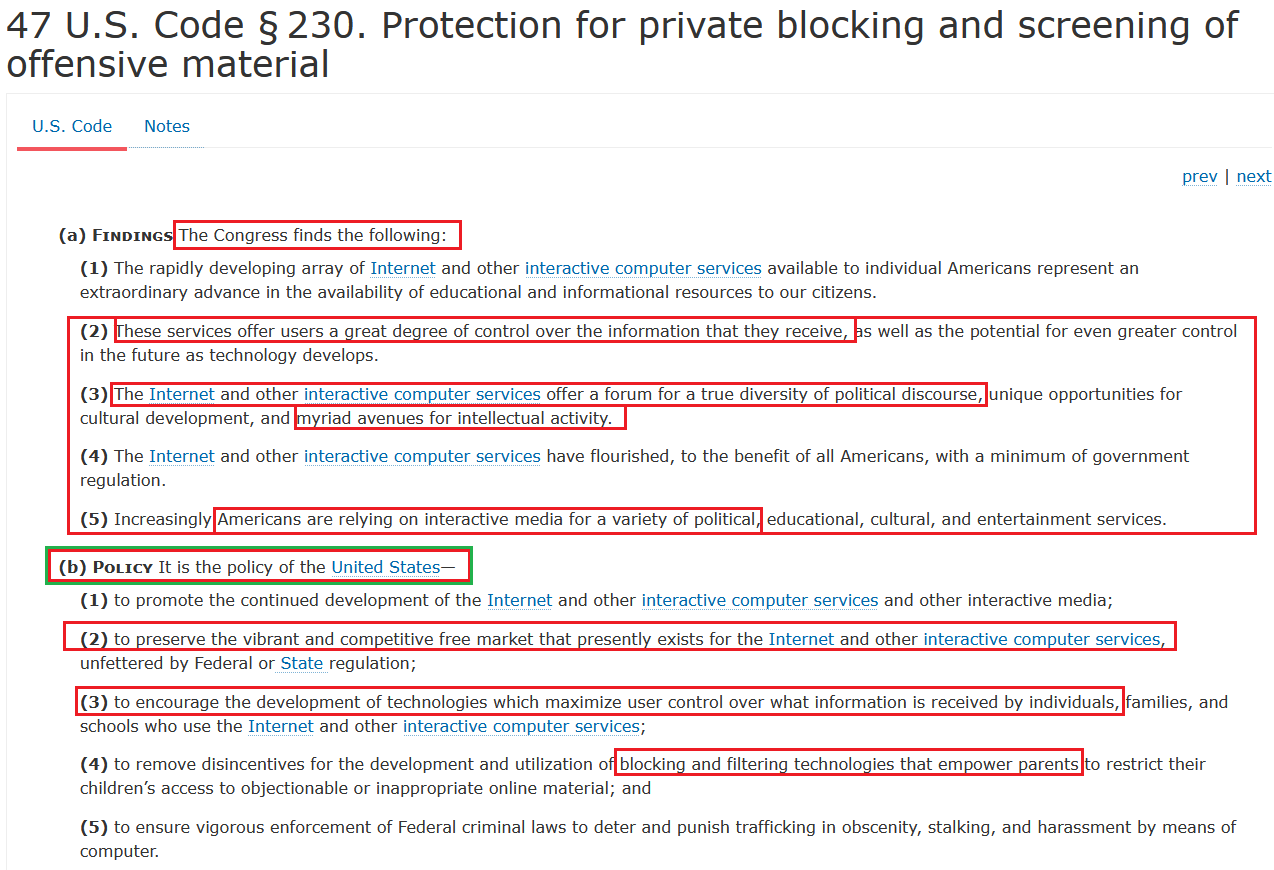Master_shake_
Fully [H]
- Joined
- Apr 9, 2012
- Messages
- 17,794
EARN IT works by revoking a type of liability called Section 230 that makes it possible for providers to operate on the Internet, by preventing the provider for being held responsible for what their customers do on a platform like Facebook. The new bill would make it financially impossible for providers like WhatsApp and Apple to operate services unless they conduct "best practices" for scanning their systems for CSAM.
Since there are no "best practices" in existence, and the techniques for doing this while preserving privacy are completely unknown, the bill creates a government-appointed committee that will tell technology providers what technology they have to use. The specific nature of the committee is byzantine and described within the bill itself. Needless to say, the makeup of the committee, which can include as few as zero data security experts, ensures that end-to-end encryption will almost certainly not be considered a best practice.
So in short: this bill is a backdoor way to allow the government to ban encryption on commercial services. And even more beautifully: it doesn't come out and actually ban the use of encryption, it just makes encryption commercially infeasible for major providers to deploy, ensuring that they'll go bankrupt if they try to disobey this committee's recommendations.
It's the kind of bill you'd come up with if you knew the thing you wanted to do was unconstitutional and highly unpopular, and you basically didn't care.
https://www.schneier.com/blog/archives/2020/03/the_earn-it_act.html
every time they make a law an acronym you know it's not a good idea.
break encryption or basically ban it outright for the children.
![[H]ard|Forum](/styles/hardforum/xenforo/logo_dark.png)

